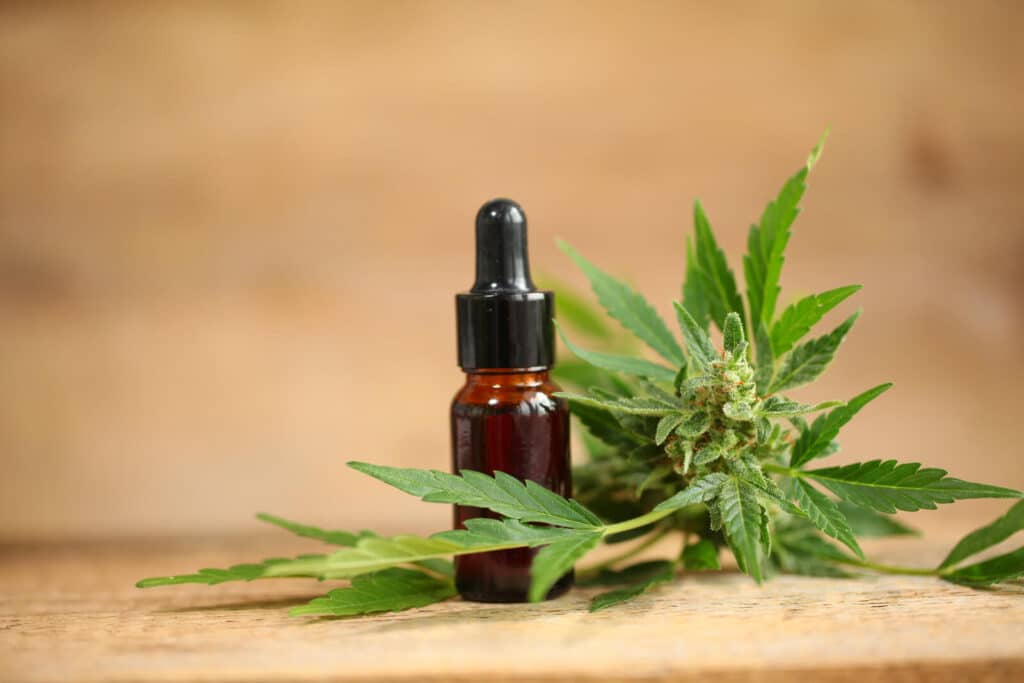
In recent years, the conversation around cannabis and its potential therapeutic benefits has intensified, with emerging research and anecdotal evidence bringing hope to various medical fields. One particularly intriguing area of study is the application of cannabis in treating symptoms associated with autism spectrum disorder (ASD). While this conversation unearths new possibilities, it also navigates the complex interplay of legality, ethics, and the urgent need for more comprehensive research.
The Promise of Cannabis in Autism Therapy
Autism spectrum disorder is a developmental condition marked by challenges with social skills, repetitive behaviors, speech, and nonverbal communication. The symptoms and their severity vary widely across the spectrum, making the quest for effective treatments both essential and challenging.
Enter cannabis; or more specifically, certain compounds within the plant, such as cannabidiol (CBD) and tetrahydrocannabinol (THC). These compounds have been at the center of numerous studies targeting the core symptoms and comorbid conditions of autism, including anxiety, behavioral challenges, and sleep disturbances. The preliminary outcomes are promising, suggesting that with careful application, cannabis may offer relief where traditional treatments fall short.
A Glimpse into the Evidence
Recent studies highlight the potential of CBD-enriched cannabis in improving disruptive behavior and anxiety in individuals with ASD. For example, a notable study published in 2019 in the journal `Scientific Reports` found significant behavioral improvements and reduced levels of anxiety in children treated with a high-CBD cannabis oil. Similarly, anecdotal evidence from families and caregivers often reflects positive changes in mood, sleep, and overall quality of life of the individuals affected by autism.
However, these studies and stories also underscore the necessity for a cautious approach. The diversity in cannabis strains, delivery methods, and individual biological differences makes standardization and precise dosing a challenging endeavor.
Legal Considerations and Ethical Implications
Discussing cannabis, especially as a form of treatment, brings us to the thorny issue of legality. In many jurisdictions around the world, the legal status of cannabis, particularly THC-containing products, remains a barrier to access and research. This legal grey area not only complicates the ability for patients to obtain cannabis but also limits the scientific community’s capacity to conduct the rigorous studies needed to solidify its place in autism therapy.
Furthermore, the conversation around cannabis and autism treatment beckons a broader discussion on ethical implications, especially concerning pediatric use. The call for more structured research is not just about proving efficacy but ensuring the safety and long-term wellbeing of patients.
The Road Ahead
For patients, cannabis enthusiasts, and medical professionals intrigued by the potential of cannabis in autism treatment, the path forward requires a commitment to advocacy for more research and an open-minded yet critical evaluation of existing evidence. It’s crucial to engage in conversations equipped with a clear understanding of the current legal landscape and a respect for the complexities of ASD and cannabis as a treatment.
Disclaimer: This blog post explores emerging topics within the intersection of cannabis and medical treatment. The information provided herein is for educational purposes only and is not intended to serve as medical advice. Prospective users should consult with a qualified healthcare provider for personalized advice. The legalities surrounding cannabis use vary by region, and individuals are responsible for ensuring compliance with local laws.
Conclusion
The potential of cannabis in autism treatment represents a frontier in medical research and patient care. Despite the obstacles, the promise of relief for some symptoms of autism opens a window of hope for many. By advocating for more comprehensive research, respecting the legal and ethical boundaries, and approaching each case individually, the medical community can slowly unlock the potential of cannabis as a valuable tool in the autism treatment toolkit.






